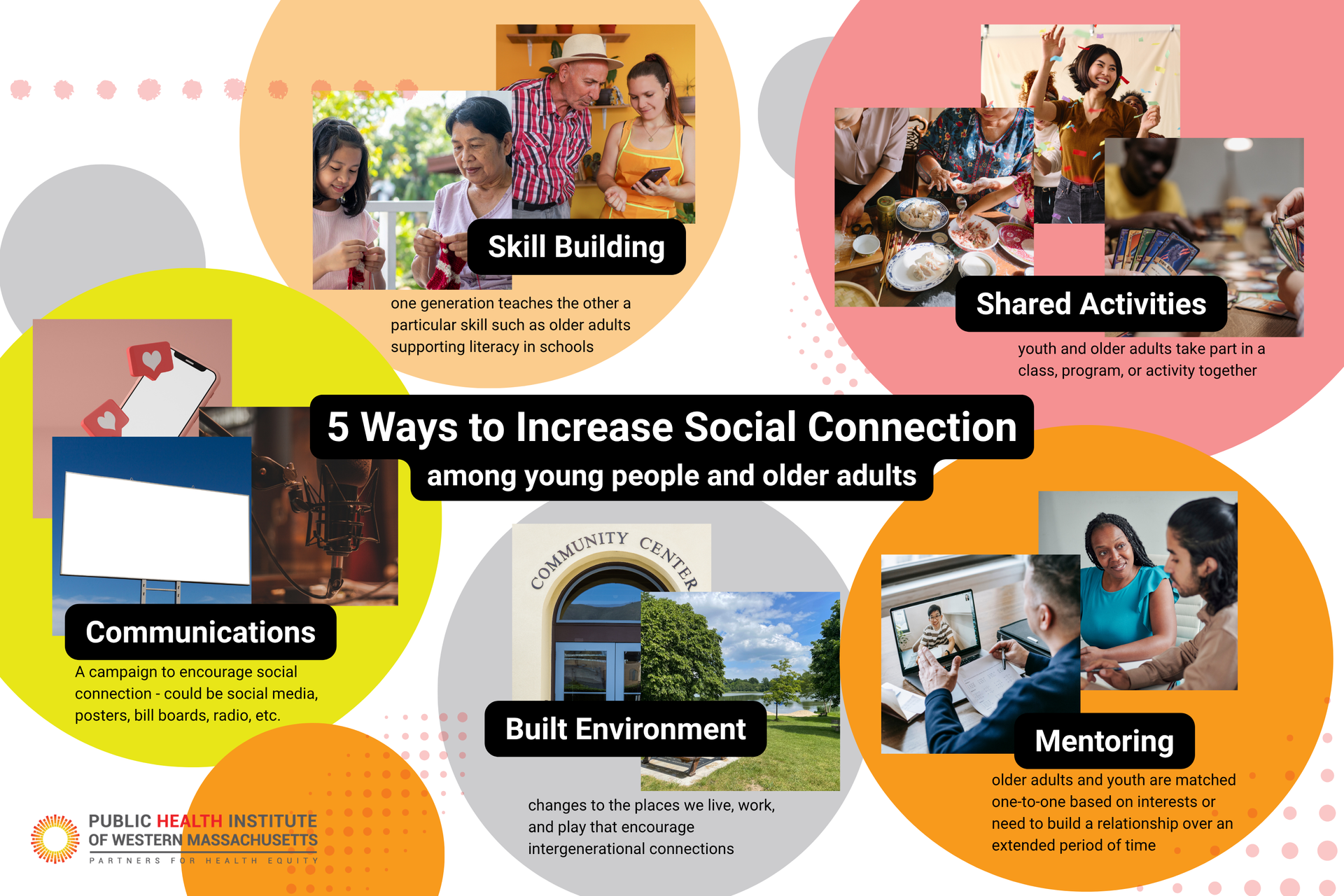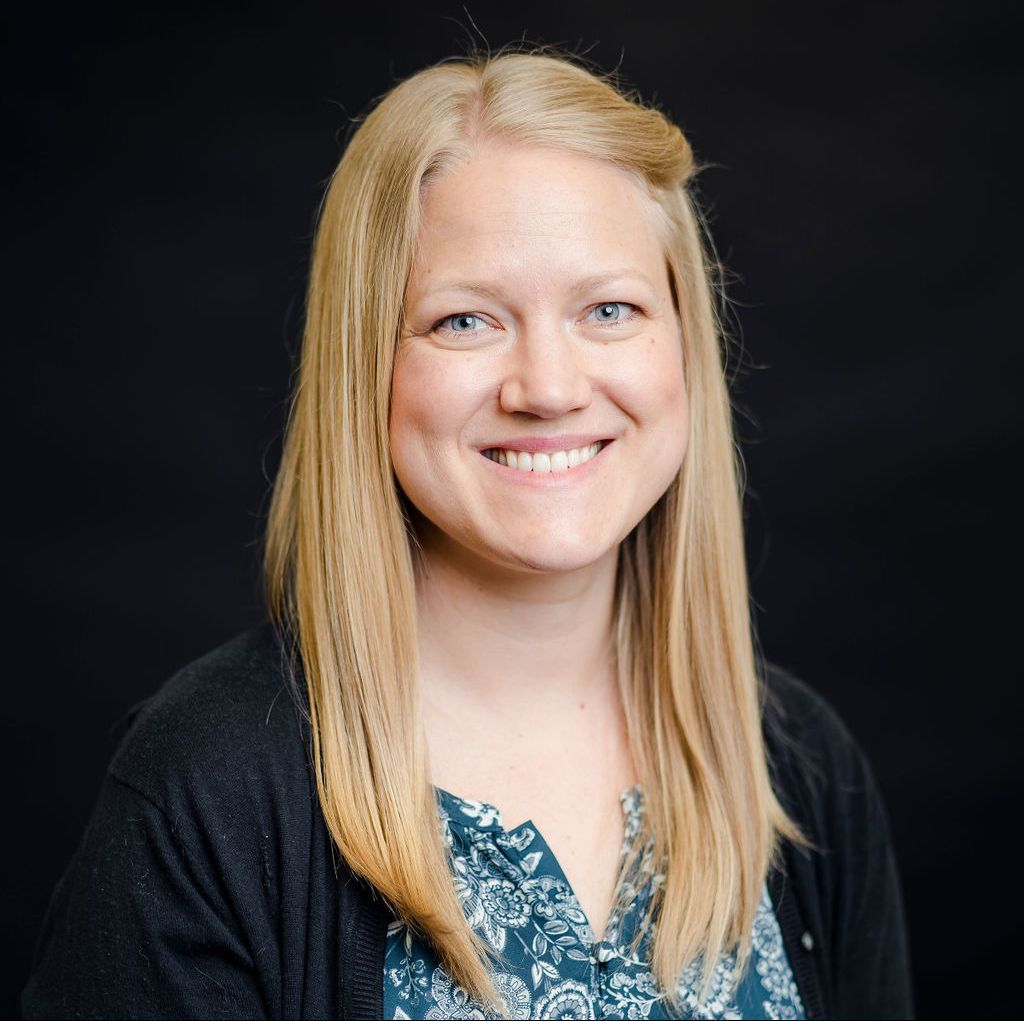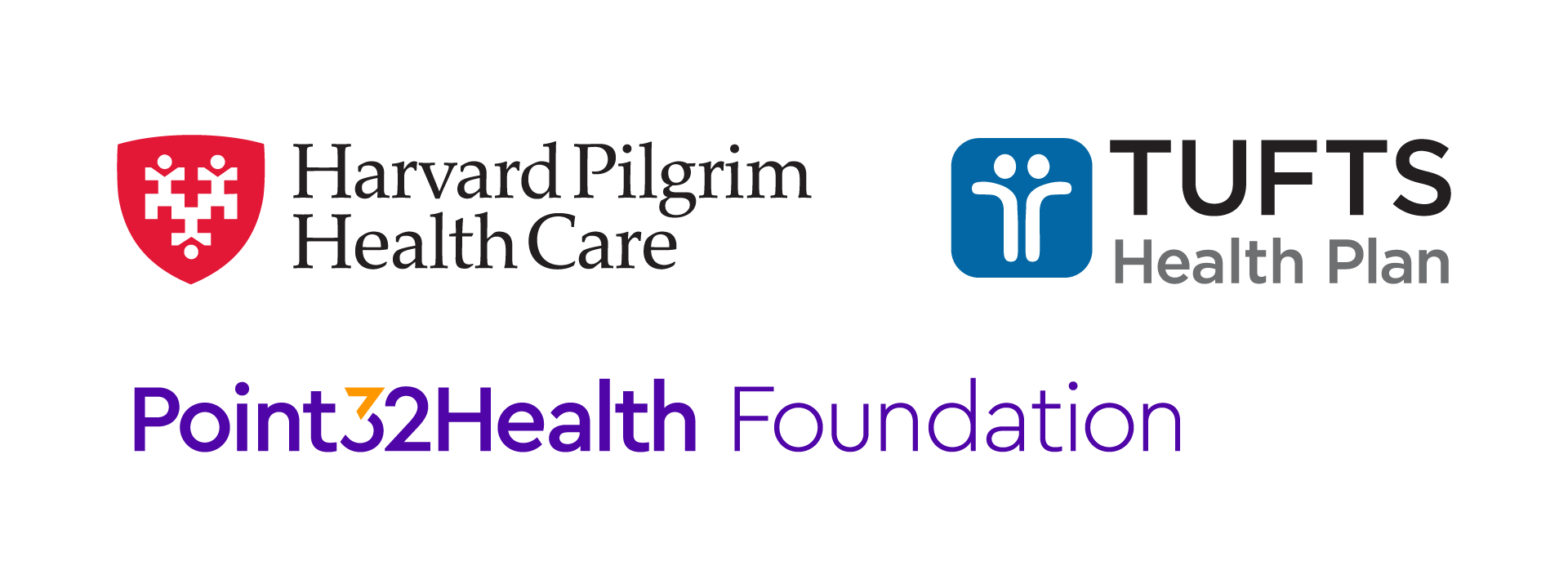Intergenerational Social Connections
While social isolation has long been identified as a concern for older adult populations, COVID-19 amplified the risk of it and awareness that we need increased attention to preventative efforts and interventions for both youth and older adults. The Intergenerational Social Connections (ISC) project builds on the Public Health Institute of Western Massachusetts' Live Well Springfield Age-Friendly Initiative, the Youth Mental Health Roadmap for Western MA, and the Youth Mental Health Coalition to assess strategies, opportunities, and programming for social connection and social inclusion from an intergenerational perspective. Drawing on the Age-Friendly framework domain of Respect and Social Inclusion and the Youth Mental Health Roadmap, we are focusing on what supports, enhances, or creates challenges to intergenerational connection in Springfield.
Goals
The goal of the ISC project is to foster stronger connections between generations—particularly youth (middle and high school students) and older adults (65+)—to address issues of social isolation and loneliness in Springfield, MA, through promoting intergenerational social connections, building upon existing community programs and partnerships, and addressing public health issues tied to loneliness and isolation.
Coalition Building
Our Role
PHIWM is convening and leading this project in collaboration with members of the Springfield community. Year 1 will focus on conducting an assessment to better understand the needs and strengths in our community for intergenerational connections, as well as the interests and barriers faced by community residents, so that we can identify strategies to reduce loneliness in Springfield. In addition, we are building an Intergenerational Advisory Board, including representatives from groups convening older adults, members of the Youth Mental Health Coalition, and older adult and youth advisors. Years 2 and 3 will focus on the implementation of strategies identified in the assessment process.
The strategies being considered include:
- Skill-building: One generation teaches the other a particular skill
- Shared Activities: Youth and older adults take part in a class, program, or activity together
- Mentoring: Older adults and youth are matched one-to-one and build a relationship over time
- Built Environment: Changes to the places we live, work, and play that encourage younger and older people to connect
- Communications: A campaign to encourage social connection (e.g., on social media, posters, billboards, radio, etc.)
PHIWM will work with the Advisory Committee to create and execute an implementation plan.

Partners
The Public Health Institute of Western Massachusetts intentionally involves youth and older adult resident advisors that represent the very age groups that this project is focused on. Our Advisory Board includes these resident advisors and the following organizations: Baystate Health, Behavioral Health Network, City of Springfield, Community Music School of Springfield/Trust Transfer Project, Faith Based Health Alliance, Live Well Springfield, MLK Family Services, Mason Wright Senior Living, Treehouse Foundation, Youth Mental Health Coalition, UMASS Amherst Center for Community Living, and Urban League of Greater Springfield.
Experts have also been invited to present to the Advisory Board about local intergenerational work already happening. This has been a tremendous learning opportunity. The following organizations have presented on their work: Treehouse Foundation, Springfield Dementia Friendly Coalition, Springfield Youth Health Survey, Mason Wright Senior Living, Faith Based Health Alliance, and Dr. Gloria DiFulvio’s work on intergenerational community engagement and storytelling at UMASS Amherst’s School of Public Health & Health Sciences. We will continue learning about loneliness and intergenerational work from these types of experts throughout the project.
Funders
Support for this project was provided by a grant from Point32Health Foundation, the philanthropic arm of Harvard Pilgrim Health Care and Tufts Health Plan.
staff contact

Contact Liv Anna Homstead at LHomstead@PublicHealthWM.org to learn more.


